-
- 19 February 2024, Judith Weingarten, Silvia Ferrara and Gerald Cadogan
- It is rare in the scholarship of Bronze Age Crete, during a period as old as the third and second millennia BCE, to present an inclusive account and analysis...
-
- 20 December 2023, Claire Brock
- Between 2012 and 2014, I held a two-year Wellcome Trust Research Leave Award (WT096499AIA) for a project on women surgeons in Britain, 1860-1918.…
-
- 20 July 2023, Rebecca M. Seifried and Chelsea A.M. Gardner
- In 1958, Patrick Leigh Fermor’s enchanting travelogue Mani: Travels in the Southern Peloponnese appeared on bookshelves.
-
- 04 February 2025, Joshua K. Leon
- This is an urban age. The concept of “world cities” and the cross-border networks that animate them inspired a wave of interdisciplinary research. Megaregions
The post The Extraordinary History of World Cities first appeared on Fifteen Eighty Four | Cambridge University Press....
-
- 31 January 2025, James L. Zainaldin
- One of the most significant legacies of Greek and Roman antiquity is the vast body of scientific and technical writings which, copied and transmitted across
The post Recovering an ancient scientific culture: The case of the Roman artes first appeared on Fifteen Eighty Four | Cambridge University Press....
-
- 30 January 2025, Diane Favro, Fikret Yegül
- Nestled beneath the “pointed peaks” of the legendary Tmolos Mountains in Turkey, the Temple and Sanctuary of Artemis at Sardis is one of the most impressive
The post THE TEMPLE OF ARTEMIS AT SARDIS. Hellenistic Temple Traditions in Asia Minor first appeared on Fifteen Eighty Four | Cambridge University Press....
Color Us Greek
While it’s too much to imagine that those endlessly fascinating Greek ancestors of ours were color-blind, they most certainly were keen on marking difference, linguistically and geographically. But what about “racially?” What was “blackness” to a citizen of Ancient Greece, and what did the blackness of Sub-Saharan Africans, in fact, signify? And what in the world did an “Ethiopian” such as Memnon, whose people were favored by the gods, appear to be physically in the Greek imagination? Speculation about such complex matters has never elicited more energetic speculation and wishful thinking from scholars, journalists, and filmmakers than today, who inevitably read Greek attitudes toward physical differences through the lens of black-white race relations in the West today. Which is why Sarah Derbew’s Untangling Blackness in Greek Antiquity is a most welcome corrective to the school of Afrocentricity that would paint even Greek-descended Cleopatra black. Bringing deep learning and calm, convincing reasoning to a politically-loaded subject is always difficult. But Professor Derbew accomplishes this task with eloquence, grace, and hard-hitting analytical skills that make this book must reading for all of us who long to know how racial differences manifested themselves in the sublime culture from which we all descend.
Henry Louis Gates, Jr.
Harvard University
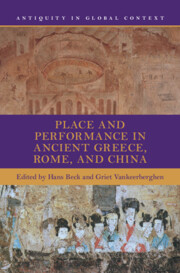

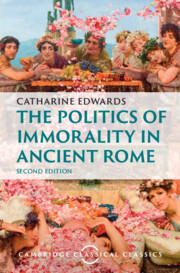
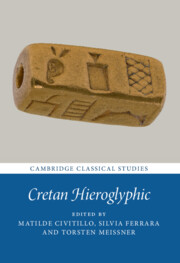
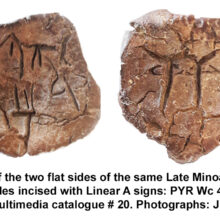

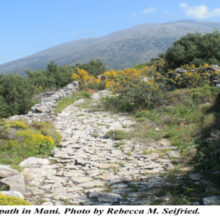
Twitter
Cambridge on Facebook